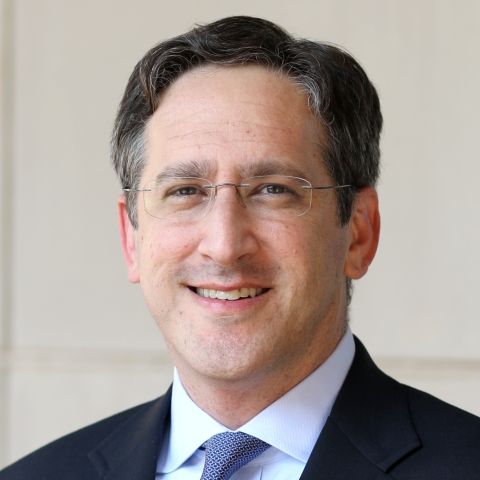
A growing number of critics have asked whether singling out religion for special treatment is morally justifiable. In Religion Without God, Ronald Dworkin sides with those who reject the distinctiveness of religion. In this essay, I situate Dworkin’s argument within the larger debate. I then argue that his view is driven toward replacing a distinction between religious and secular commitments with one that turns on the difference between public and nonpublic values. The latter distinction is central to the idea of public reason. Although Dworkin resisted this idea, his arguments against the distinctiveness of religion lead him inexorably to some conception of it, suggesting the inevitability of a commitment to public reason for those who occupy a certain place in the debate about whether religion is special.